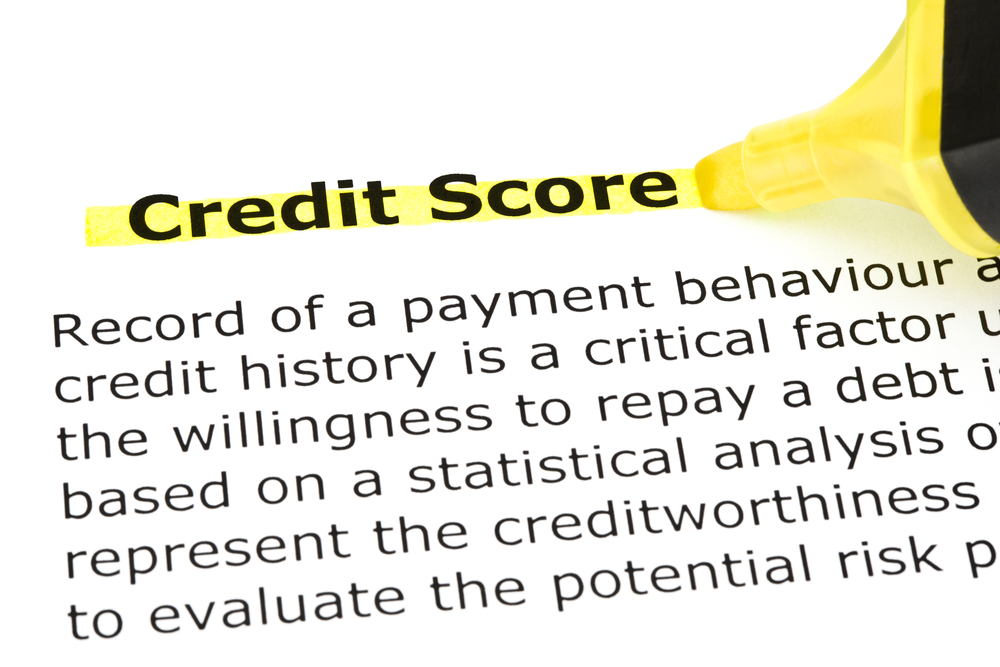Unfair Credit Reporting – Understanding Your Rights
Written by Cooper & Friedman PLLC on December 27, 2018

How is My Credit Determined?
One’s credit can determine whether they are able to qualify for a loan to buy a home or car. It determines if someone can start a business, rent a car, or even qualify for a job. A good credit score often comes with a more affordable interest rate. A low score, especially due to unfair credit reporting, can mean one pays as much interest as the actual item.
If one’s credit is reported incorrectly, it can have detrimental effects on a person’s ability to live their life independently. Unfortunately, credit errors routinely occur and can negatively impact a person’s credit history and score. Educating yourself on the rights afforded to you is the only way to remain actively apprised on your credit score. It will allow you to make the best financial decisions for your future.
Understanding Your Rights
There are many federal protections set in place under the umbrella of The Fair Credit Reporting Act (FCRA). The FCRA is a federal law tasked with regulating credit reporting agencies. This
Under the FCRA, one has the right to access their full credit report at no cost once a year. The FCRA protects one’s credit report from others who may be accessing this information without a valid reason. Those who are generally granted access include banks, insurance companies, employers and or landlords. One’s account numbers and social security numbers are protected from viewership in order to prevent fraud.
In the event that there is misinformation on one’s credit report, it must be investigated. Any information deemed inaccurate or that cannot be verified as accurate, should be removed within a reasonable time frame. The Fair and Accurate Credit Transactions Act protects against fraud. It can also block inaccurate information from showing up on one’s report in the instance of identity theft.
According to Debt.org, “Negative information must be removed from your file after seven years. Bankruptcy, however, may remain on record for 10 years, and criminal record information can remain indefinitely.” Everyone has the right to be notified of negative submissions before they are made. One can even ask for the reasoning behind any denial of credit.
Additionally, the FCRA gives one the right to sue and seek damages from anyone who violates their credit rights. Navigating the process of correcting your credit report and seeking damages for unfair credit reporting can be overwhelming and confusing. To ensure that any inaccuracies are properly corrected within a timely manner and that you are credited with the number of damages you deserve, it is recommended that one consult with an experienced attorney.
Are you a victim of unfair credit reporting?
If you are the victim of unfair credit reporting, you should seek help from a law firm that truly understands the details involved in credit reporting law. There are federal laws which protect your credit and enable attorneys to fix errors if they do occur. Cooper and Friedman Attorneys at Law can help you fix any false information on your credit report. We handle cases on a contingency fee which means you pay nothing for our services unless we recover money for you. For more information including a free consultation about your specific situation, please call 502-459-7555 today.

